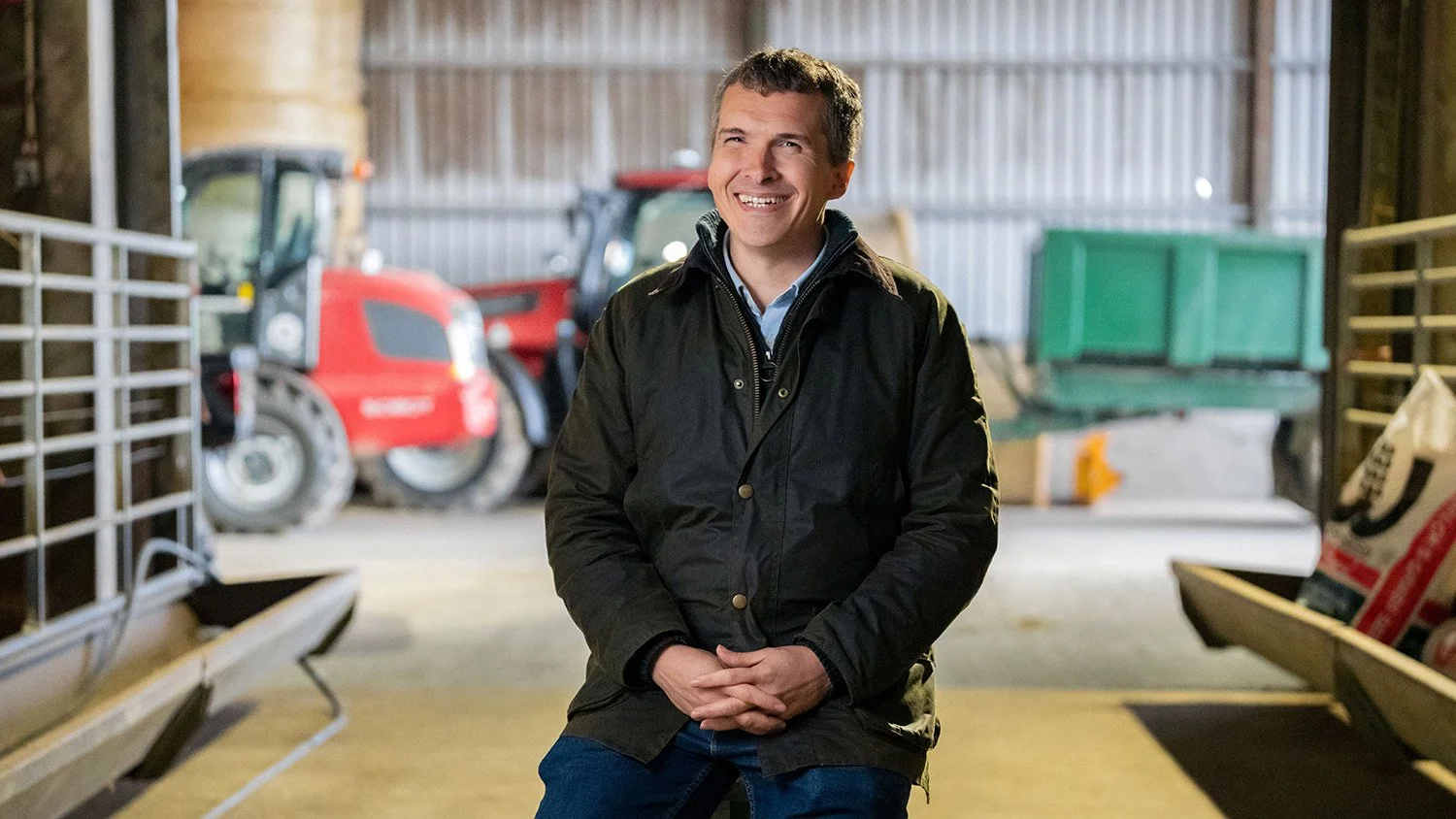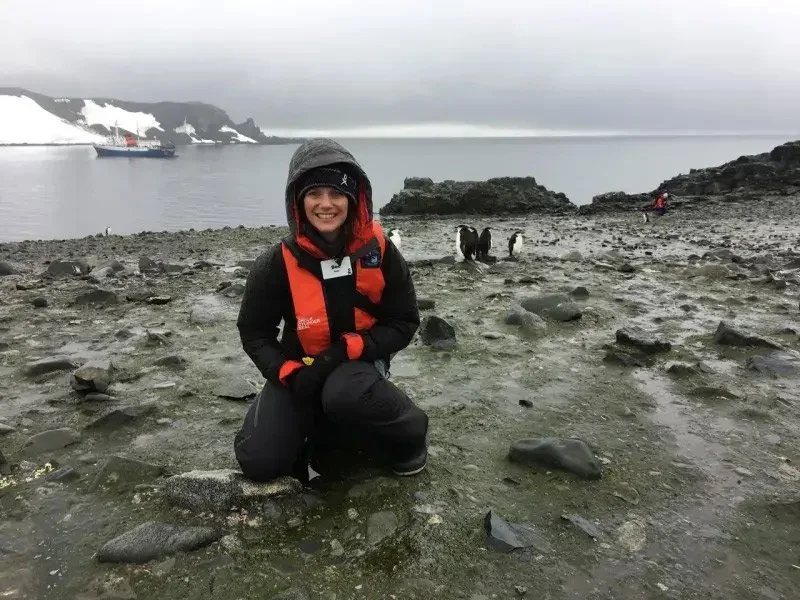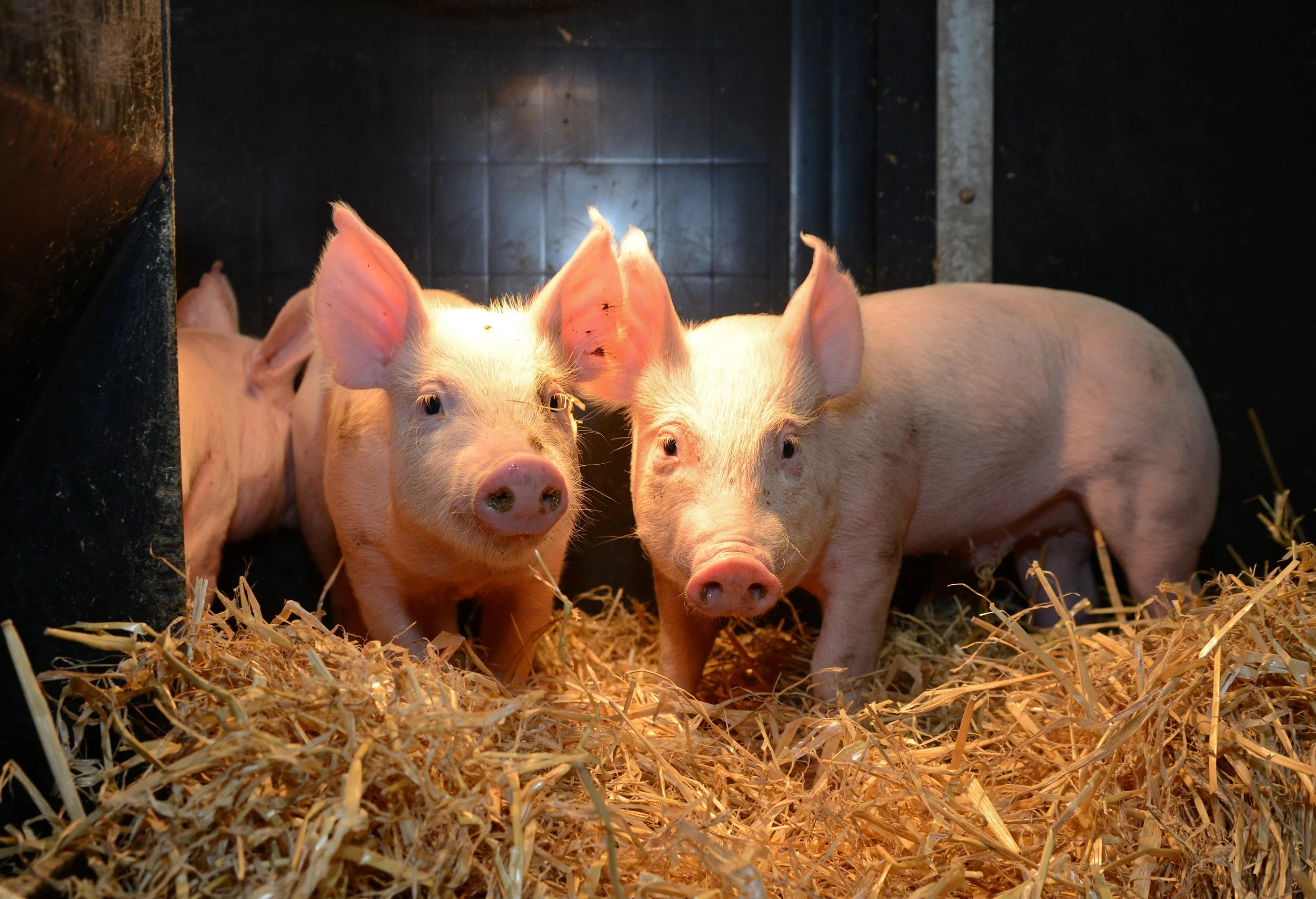News

Moredun opens upgraded High Security Unit to support research to protect animal and public health
Moredun Research Institute has opened its upgraded High Security Unit (HSU) following a major programme of refurbishment and sustainability works, strengthening Scotland’s role in protecting animal and public health.
The upgraded facility was officially opened by MP for Midlothian, Kirsty McNeill, marking the completion of works designed to secure the long-term future of one of the UK’s high-containment research facilities.

Advancing Microbiological Testing with Moredun Scientific
Midlothian Science Zone Business Forum took place on Tuesday 9th December 2025 at Pentlands Science Park, for a presentation and introduction to Moredun Scientific Ltd, to hear more about the company’s biosafety and microbiological testing services.

HRH The Princess Royal visits Moredun Research Institute to learn about emerging livestock diseases linked to climate change
Her Royal Highness The Princess Royal visited the Moredun Research Institute on Thursday 30th October 2025 to learn about emerging livestock disease challenges linked to climate change and to meet researchers working to protect animal health in Scotland.
The visit coincided with an event on Livestock Infectious Diseases in a Changing Climate, exploring how changing weather patterns and shifting ecosystems are bringing new disease threats to UK livestock farming.

Moredun welcomes Dr Valentina Busin as new Head of Virus Surveillance Unit
The Moredun Group is delighted to welcome back another familiar face, Dr Valentina Busin has returned to Moredun as Head of Virus Surveillance Unit (VSU).
Valentina is a farm animal veterinarian, specialising in small ruminant medicine and management. After graduating in 2007 from the University of Turin, Italy, she moved to Scotland and spent few years in mixed and farm animal practice, before following her passion for sheep and goats and obtaining the Diploma for the European College of Small Ruminant Health Management in 2014.

MI:RNA secures funding for AI tool to diagnose osteoarthritis earlier in dogs
Veterinary diagnostics company, MI:RNA, has secured funding from Scottish Enterprise to support its research and development project to create a simple, non-invasive test that uses Artificial Intelligence (AI) and a type of biological marker (an indicator of biological conditions), called microRNA, to help diagnose diseases to offer more accurate, accessible, and cost-effective methods of early detection of OA in dogs.

AI tools show promise for veterinary diagnosis
AI tools can support vets in diagnosing disease, research has shown.
A computer model has been trained to recognise a common disease in dogs with an encouraging success rate, underscoring its potential as a veterinary tool.
The approach supports the use of AI for relatively straightforward tasks, to allow vets to concentrate on more complex tasks, according to the team behind the study.

TV Supervet charity backs new human-canine cancer research plan
Scientists in Scotland are leading new work on an aggressive cancer that behaves almost identically across species.
A new study, whose backers hope could herald major advances in cancer treatment for dogs and humans, is being launched today (17 September).
Source: Vet Times

Director focuses on animal welfare as strategic priority
Dr Rebecca Doyle, newly appointed Director of the Animal Welfare Centre within the Royal (Dick) School of Veterinary Studies, aims to work with colleagues across the School to further embed animal welfare teaching and practice.
The new Director, who joined the University of Edinburgh in 2021, held the post of Deputy Director of the Animal Welfare Centre until recently being named Interim Director, before being appointed to her current post.

SRUC Veterinary Services Introduces Enhanced Brachyspira PCR Test
SRUC Veterinary Services is pleased to announce an important update to our diagnostic capabilities: a new and improved real-time PCR test for Brachyspira, launching in late July/early August 2025.
This test replaces the long-standing 23s RNA PCR method and brings a host of benefits to veterinary diagnostics, particularly in swine and avian health.

Scottish scientists to lead world's first study on antibiotic resistance in pets
A team of scientists in the Highlands is set to lead the world’s first nationwide study into antibiotic resistance in cats and dogs. Based in Inverness, the research group from Scotland’s Rural College (SRUC) will work with the UK Government’s Veterinary Medicines Directorate (VMD) to launch a new surveillance programme aimed at detecting antimicrobial resistance (AMR) in healthy
Source: STV
